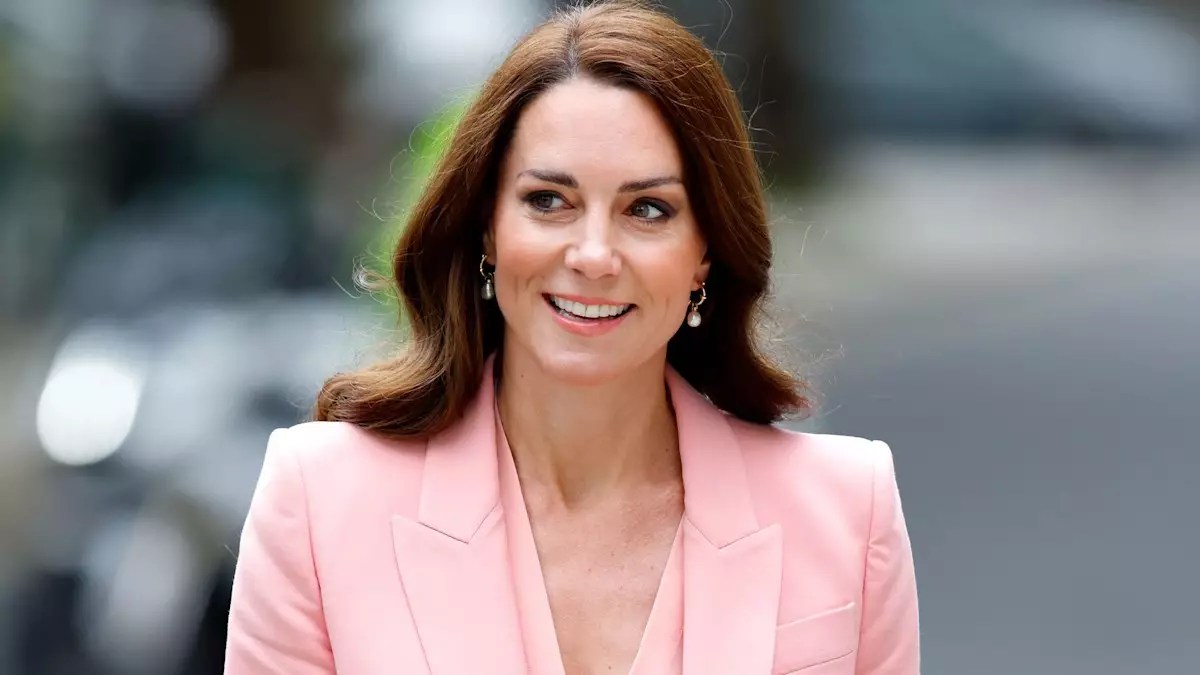The recent initiatives spearheaded by the Princess of Wales have illuminated a critical yet often overlooked aspect of family life: the significance of early childhood support. Her commitment to this cause, manifested in the Business Taskforce for Early Childhood, inaugurated in March 2023, showcases an inspiring fusion of royal influence and corporate responsibility. By galvanizing businesses to invest in early childhood, the Princess has not only sparked necessary dialogue but has also motivated companies to adopt policies that directly enhance parental leave and support systems.
One cannot underestimate the ripple effect of such initiatives. In an age where mental health and work-life balance are at the forefront of societal concerns, the Princess’s advocacy is a clarion call to other leaders in various sectors. The transformative policies, such as Deloitte UK’s recent decision to extend parental leave to a whopping 26 weeks of full pay, serve as pioneering examples that challenge the traditional and inadequate norms surrounding paternity and parental support. The emphasis on early childhood investment signifies a broader understanding: supporting families yields long-term economic and social benefits.
A Collective Responsibility
However, while one may applaud the strides made by prominent corporations, the reality remains stark for smaller businesses. Many find themselves shackled by financial constraints, unable to offer anything beyond the statutory minimum of two weeks of paid paternity leave, which falls tragically short compared to other European standards. The concerns raised by groups like The Dad Shift resonate deeply within this context; they highlight the urgent need for legislative reforms that ensure equitable parental leave for all employees, regardless of their employer’s size.
Alex Lloyd-Hunter’s remarks underscore a critical point: the enthusiasm seen among larger companies should not blind us to the systemic issues faced by countless fathers and non-birthing parents working in smaller firms or as self-employed individuals, who often receive no paid leave whatsoever. The disparity is not merely a corporate failing; it reflects a broader societal indifference to the pressing need for parental leave reform. Therefore, the call to action is clear: it’s time for government officials to heed the Princess’s leadership and push for comprehensive change that prioritizes families across the board.
The Economic Perspective: A Case for Investment
The economic implications of investing in early childhood support are striking. With the Business Taskforce’s report estimating that such investment could contribute an astounding £45.5 billion to the national economy annually, it begs the question: why has this investment been historically neglected? The notion that early childhood development can have a cyclic impact on a country’s economic health should galvanize a shift in policy and public sentiment alike.
These economic arguments may seem dry, but they underscore an emotional and societal reality: when families thrive, communities flourish. The Princess’s previous endeavors, including the establishment of the Centre for Early Childhood and her major campaign, Shaping Us, reflect her deep-rooted understanding of the connection between early development and lifelong outcomes. By focusing on the critical years from pregnancy to the age of five, she is not merely advocating policy changes; she is forging a path toward a healthier, more equitable society.
A Call for Holistic Change
The initiatives led by the Princess of Wales, particularly her ability to mobilize corporate giants, set a precedent that could transform how we view parental support. However, it is imperative that we expand the conversation beyond these high-profile examples. The challenge lies in creating a systemic framework that supports all families, especially those in marginalized positions. Parents should not be left at the mercy of profitable companies eager to carve out a public image of social responsibility; they deserve a robust, government-backed safety net.
By positioning early years support as not just a familial necessity but also a national priority, the Princess of Wales is advocating for a radical shift in societal values. If her leadership can inspire a wave of reform at both corporate and governmental levels, it will redefine the landscape of parental support and early childhood investment in the UK—and potentially, beyond. The onus now lies upon policymakers to translate this momentum into actionable, widespread change that will empower families and fortify the very foundations of society.







Leave a Reply